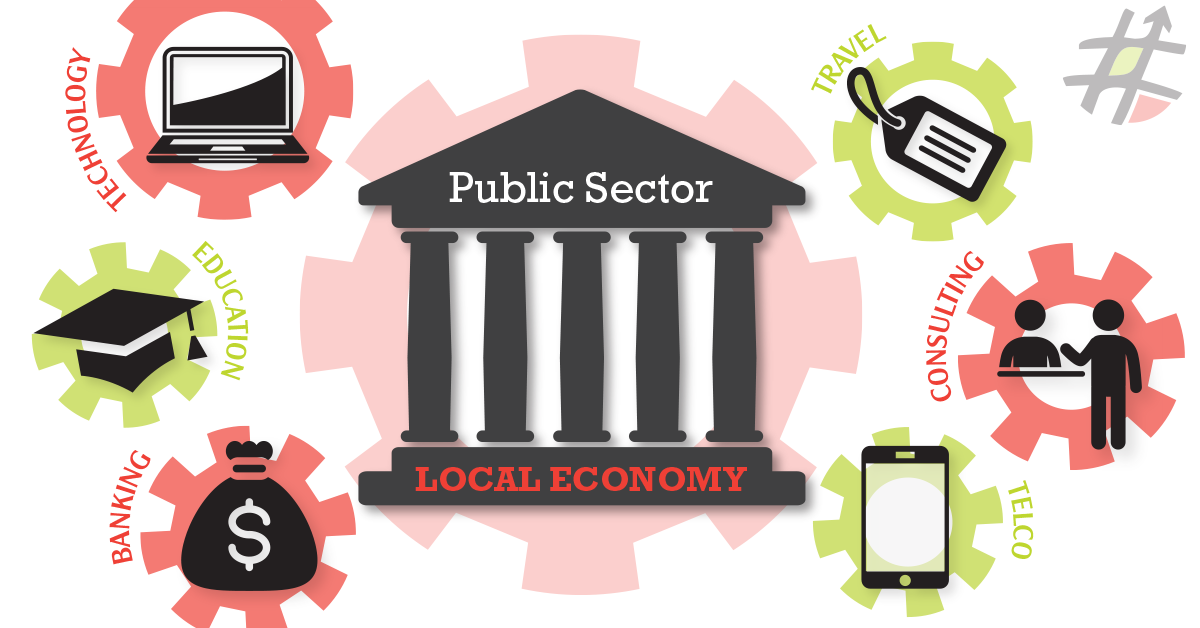Nothing has the influence of government procurement when it comes to effecting positive change within a community. The level of purchasing power a government department has, and the decisions made within the tender process, can be real drivers for innovation. The challenge for government procurement officers, though, lies in nuance. In order to balance purpose with efficiency, they must first know what their purpose is.
Incentivise Through Government Procurement
Let’s look at it this way. The government can mandate that all government contracts are typed up in a typing pool and delivered by courier pigeons. However, promoting the use of typing pools or courier pigeons is unlikely to align with good governance or do anything for the local community in the long run. In fact, such decisions would be detrimental as it would discourage typists and pigeoneers from reskilling.
An extreme example for this day and age, but one that illustrates a salient point. How the government awards public sector contracts has a real and lasting impact on many industries and the types of skills and proficiencies available in our communities. Properly awarded contracts can promote workforce welfare to meet strategic labour needs, enable training opportunities and embedding ethical sourcing practices within the contractor’s supply chain. In turn, this promotes greater environmental sustainability and promotes actions to progress the equality and diversity agenda.
Articulate the Goals
However, in order for this to be a reality, government departments need to articulate what it is they are trying to achieve so that the procurement officers know what requirements to include in the tender process or what to look for when conducting e-Auctions.
It is detrimental to the wider community when governments try to keep dying industries alive. Typing pools and carrier pigeons are from yesteryear. It is within everyone’s best interests if the public sector uses its procurement process to accelerate and compliment reskilling endeavours. For example, the procurement process for a new contract might include a requirement that a certain percentage of the staff come from a local reskilling program, ensuring taxpayer dollars are fed back into the local economy and thus multiplying the benefits of every dollar spent.
It’s about being smart in the design and delivery of public goods and services so that the government is truly serving the public.



